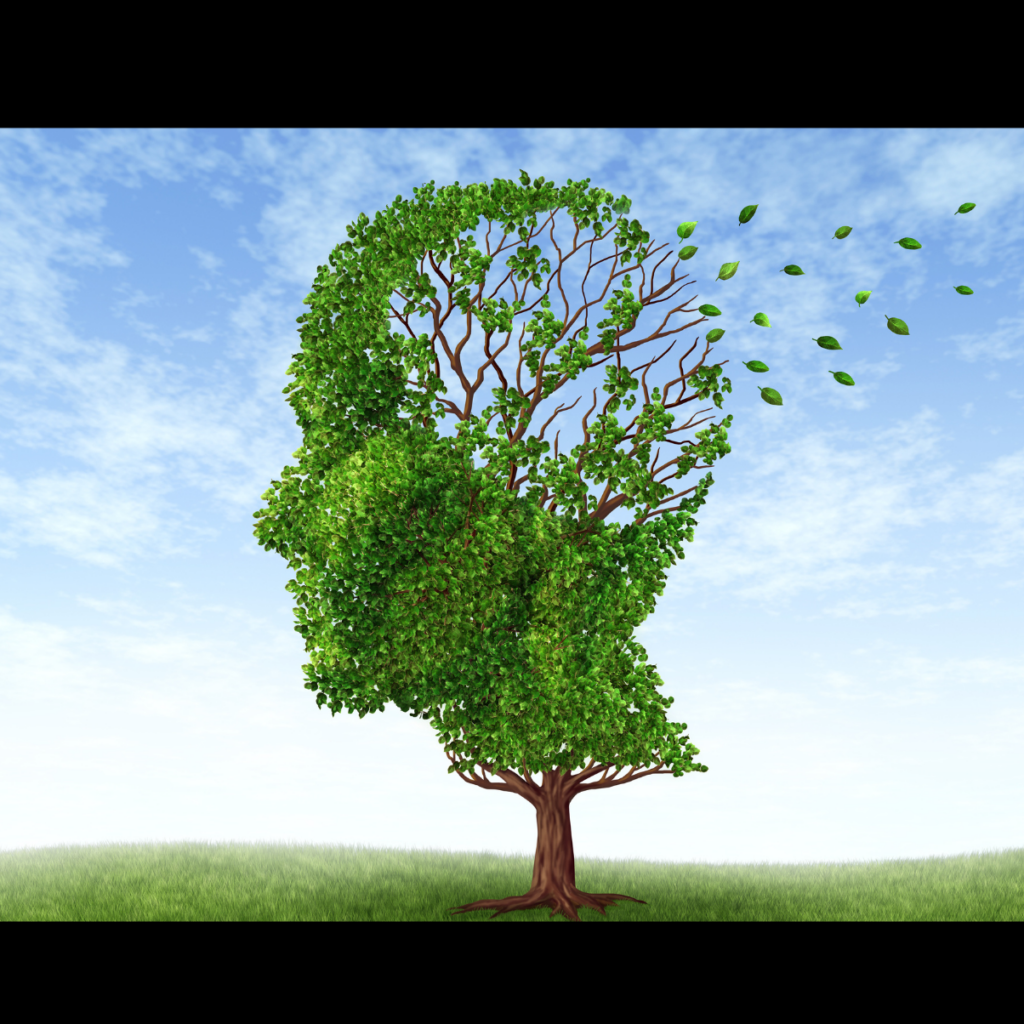One of the most heartbreaking and frustrating aspects of Complex Post-Traumatic Stress Disorder (CPTSD) for many individuals is the profound impact it has on their childhood memories. Often, those affected find that their recollections of childhood are sparse and fleeting. More distressingly, the memories that do persist are predominantly those of traumatic events or are only fragmented glimpses of the past. This can make it exceedingly difficult for individuals to connect with or process their early life experiences.
The Neurological Impact: Understanding Memory Disruption in CPTSD
In the groundbreaking study “FMRI Meta-Analysis of Childhood Trauma (2024)” conducted by researchers at the University of Essex, cutting-edge fMRI scans shed light on the brain function of children who have endured trauma. These scans, which highlight blood flow in different brain centres to reveal neurological activity, have uncovered significant alterations in the brain’s neural networks. Notably, the areas involved in self-focus and problem-solving, which are pivotal for memory processing, show considerable rewiring. This rewiring indicates that trauma can profoundly influence how memories are formed and processed, often resulting in suppressed memories or notable gaps.
The phenomenon of memory loss associated with trauma is often categorised under Dissociative Amnesia. This disorder is characterised by severe memory loss, which can be specific to traumatic events, or in more extreme cases, affect memories of one’s own identity. It can lead to states of confused wandering known as dissociative fugue. Stress or trauma, whether physical, sexual, or emotional, triggers this type of amnesia, complicating interpersonal relationships and daily functioning. This understanding comes from respected sources like the Mayo Clinic and the Cleveland Clinic.
Further research into the brain’s intricate networks has revealed that different dissociative symptoms are uniquely linked to specific neural connections, which govern cognition and emotion. “We found that dissociation common to post-traumatic stress disorder and dissociation central to Dissociative Identity Disorder (DID) are each linked to unique brain signatures,” explains researcher Lebois.
Most cases of dissociative amnesia are retrograde, affecting the episodic-autobiographical memory. Functional neuroimaging studies focusing on dissociative amnesia with predominant retrograde memory impairments have observed significant changes in the network that manages autobiographical memory, according to findings published in The Lancet Psychiatry.
The debilitating impact of prolonged stress, fear, and arousal on memory is a well-documented phenomenon, observable in both animals and humans. These conditions often induce learning deficits and memory loss, ranging from mild to severe, due to disturbances in hippocampal activation and arousal, and corticosteroid secretion. This can suppress neural activity linked to learning and memory and even induce hippocampal atrophy.
Particularly, stress and emotional trauma profoundly affect the hippocampus, a critical area of the brain for memory. During traumatic events, our bodies release hormones such as cortisol and enkephalins, disrupting normal brain functions and potentially damaging hippocampal cells. This damage might manifest as traumatic amnesia or repressed memory syndrome, where traumatic events are forgotten or relived in intrusive, distressing ways.
To support these insights, the research reviews numerous studies involving both animals and humans. It highlights how individual factors like age, sex, and past emotional traumas can heighten susceptibility to memory issues. While the hippocampus struggles under the weight of trauma, another brain part, the amygdala, busily processes and stores these emotional memories. This can lead to symptoms like flashbacks or a contracted memory of life before the trauma.
Exploring the Impact of Glucocorticoids on Memory Retrieval
Cortisol is the primary stress hormone that is released in times where the brain detects threat. It helps the body manage and adapt to stress by increasing the availability of substances that repair tissues, regulating metabolism by increasing blood sugar levels, and suppressing the immune system to give us the energy needed for fight or flight.
This research paper explores the complex role of glucocorticoids – stress hormones released from the adrenal cortex, such as cortisol – in memory processing. The paper highlights how these hormones can enhance the consolidation of emotionally charged memories, making them more memorable long-term. However, during times when these hormones are elevated, such as during stress, they can impair the retrieval of memories and affect working memory negatively.
The research particularly emphasises the interactions between glucocorticoids and the basolateral complex of the amygdala (BLA), a brain region crucial for processing emotions. These interactions help explain why emotional experiences are often well remembered. The paper also discusses the implications of these findings for understanding and treating anxiety disorders like PTSD, where emotional memories play a significant role. In such disorders, managing glucocorticoid levels could potentially help reduce the retrieval of traumatic memories and aid in fear extinction, offering a new angle for therapeutic strategies.
Overall, the paper provides an integrated view of how glucocorticoids help in adapting to emotionally significant information, underlining their dual role in enhancing certain types of memory while impairing others based on the context and emotional charge of the situation (Science Direct).
The video below offers an excellent overview of the scientific research previously mentioned, and it also provides some suggestions on how to address memory issues.
The profound impact of Complex Post-Traumatic Stress Disorder on childhood memories significantly complicates the emotional lives of those affected. The scarcity and fragmentation of positive memories, overshadowed by recollections of trauma, make it exceedingly difficult for individuals to connect with or fully process their early life experiences. A variety of therapies are recommended for treating dissociative disorders, including psychotherapy, Eye Movement Desensitisation and Reprocessing (EMDR), Cognitive Behavioural Therapy (CBT), and hypnosis. Through professional support and appropriate treatment, there is hope for those suffering from CPTSD to navigate their challenges, fostering a sense of understanding and facilitating emotional healing.
